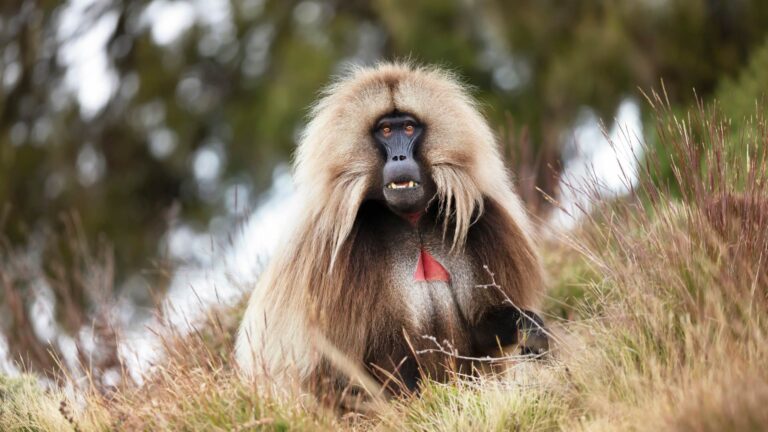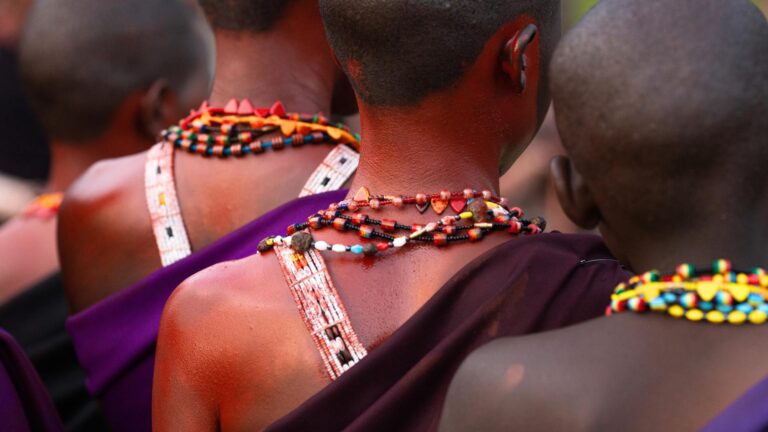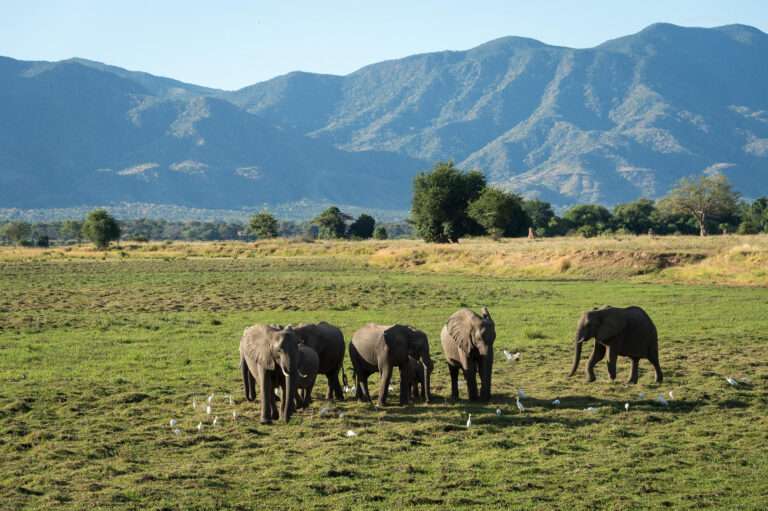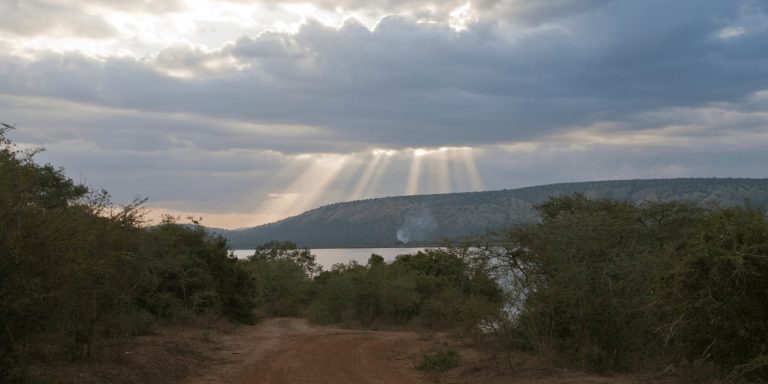World Rhino Day unites conservationists, governments and the public to celebrate these majestic animals and raise awareness about the critical threats they face.
Initiated in 2010 by the World Wildlife Fund (WWF), the day serves as a global platform to highlight the plight of all five species of rhinos — two of which, the black and white rhinoceros, are found in Africa. Travellers coming on safari with Destination Africa have the opportunity to witness these magnificent animals in the many national parks and private reserves where they still exist.
The illegal poaching of rhinos for their horns remains the biggest threat to the species. Rhino horns are highly valued in black markets, particularly in parts of Asia, where they are used in traditional medicine or as status symbols. Beyond poaching, the illegal trade in rhino parts fuels demand, often exacerbated by insufficient law enforcement and corruption in some regions.
According to the WWF, the majority (98.8%) of the southern white rhinos occur in just four countries – South Africa, Namibia, Zimbabwe, and Kenya. Southern white rhinos were thought to be extinct in the late 19th century, but in 1895 a small population of fewer than 100 individuals was discovered in Kwazulu-Natal, South Africa. After more than a century of protection and management, they are now classified as Near Threatened and around 18 000 animals exist in protected areas and private game reserves. They are the only of the five rhino species that are not endangered.
As of March 2018, there are only two rhinos of the northern white rhino left, both of which are female. They live in the Ol Pejeta Conservancy in Kenya and are protected round-the-clock by armed guards.
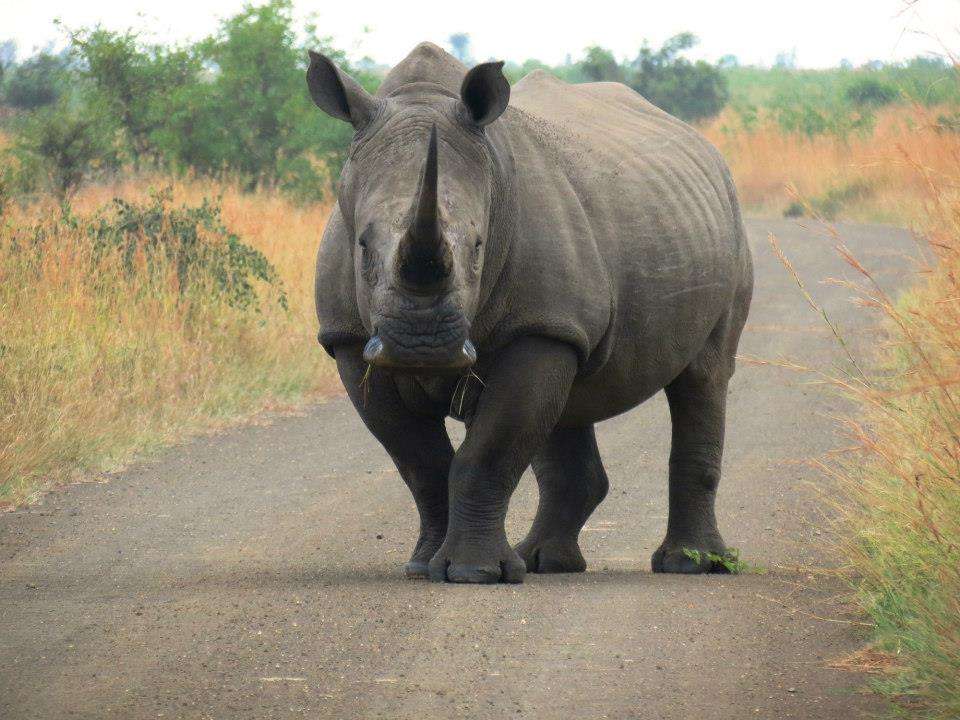
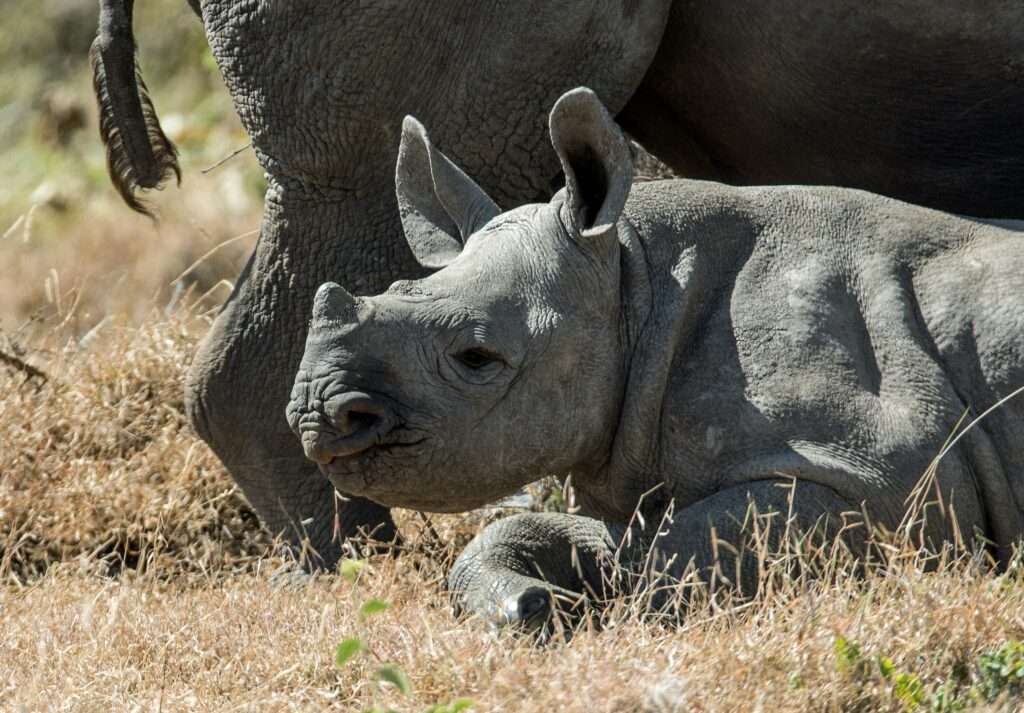
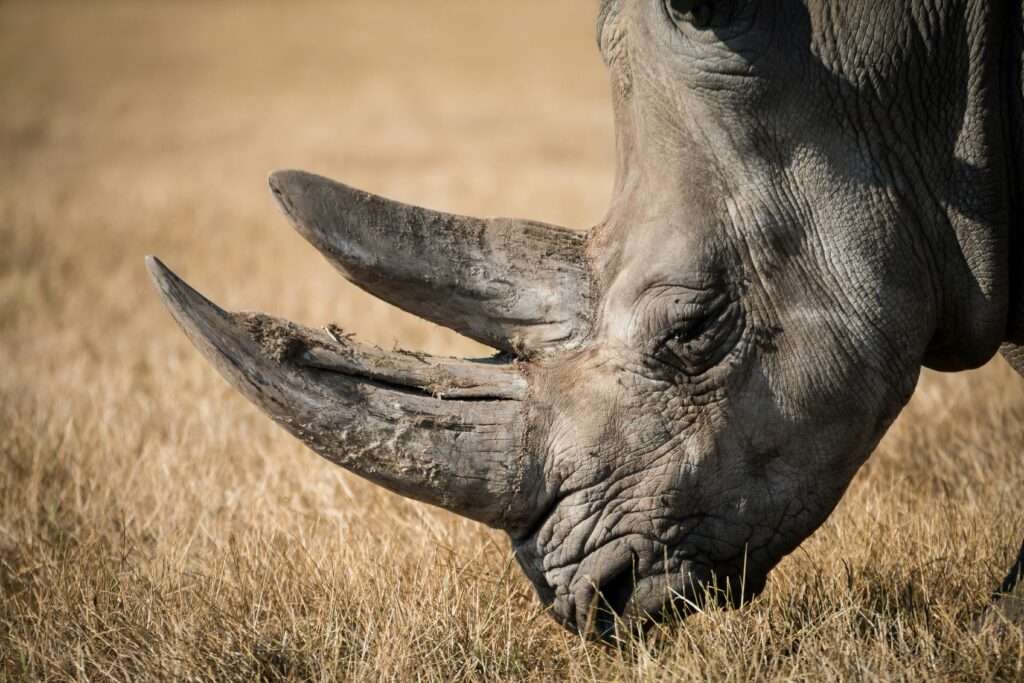
The WWF website states the population of black rhinos declined dramatically between 1960 and 1995 when numbers dropped by a sobering 98%, to less than 2 500 individuals. Since then, the species has made a tremendous comeback from the brink of extinction. Thanks to persistent conservation efforts across Africa, black rhino numbers have doubled from their historic low 20 years ago to more than 6 000 today.
World Rhino Day is a reminder that while conservation efforts have made significant strides, both black and white rhinos still face immense challenges. Through global cooperation, stricter anti-poaching laws, and community engagement, there is hope that these ancient giants can continue to roam Africa’s savannas for generations to come.


